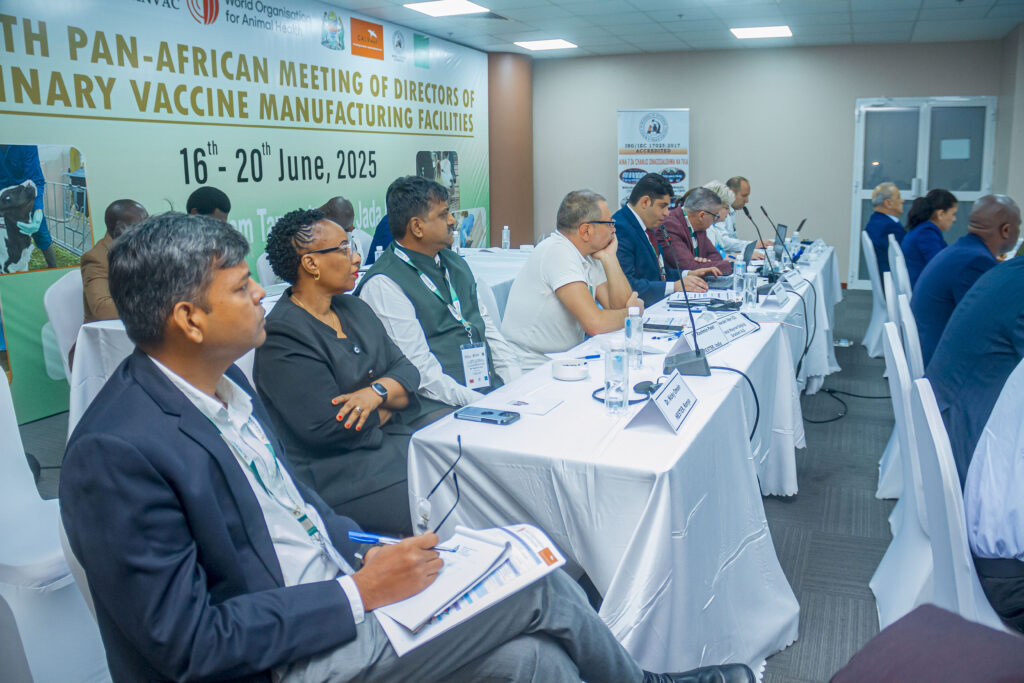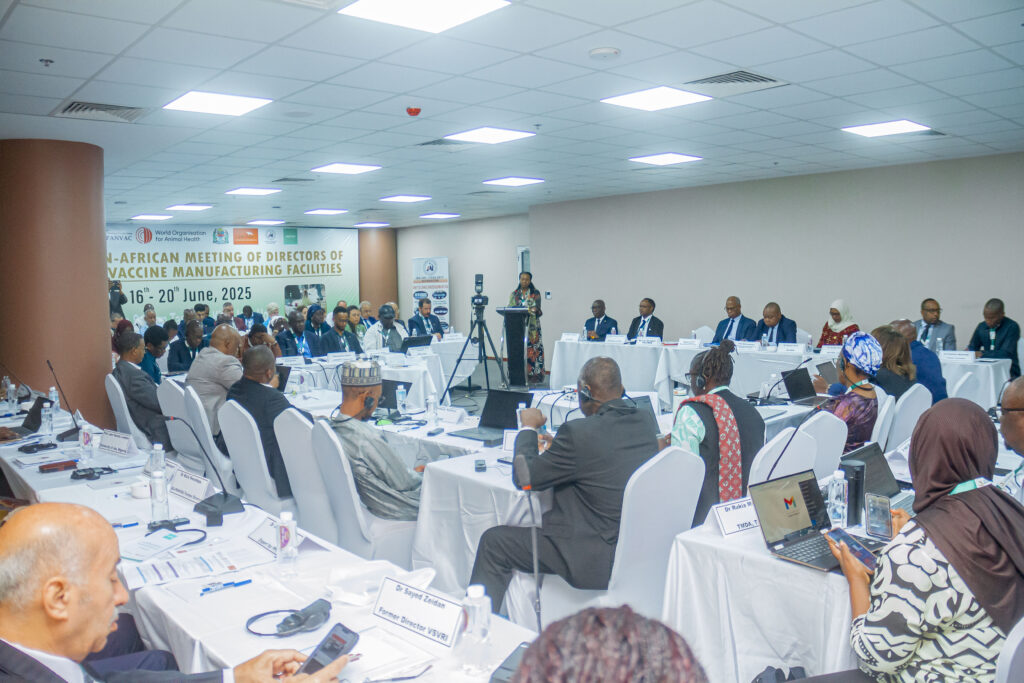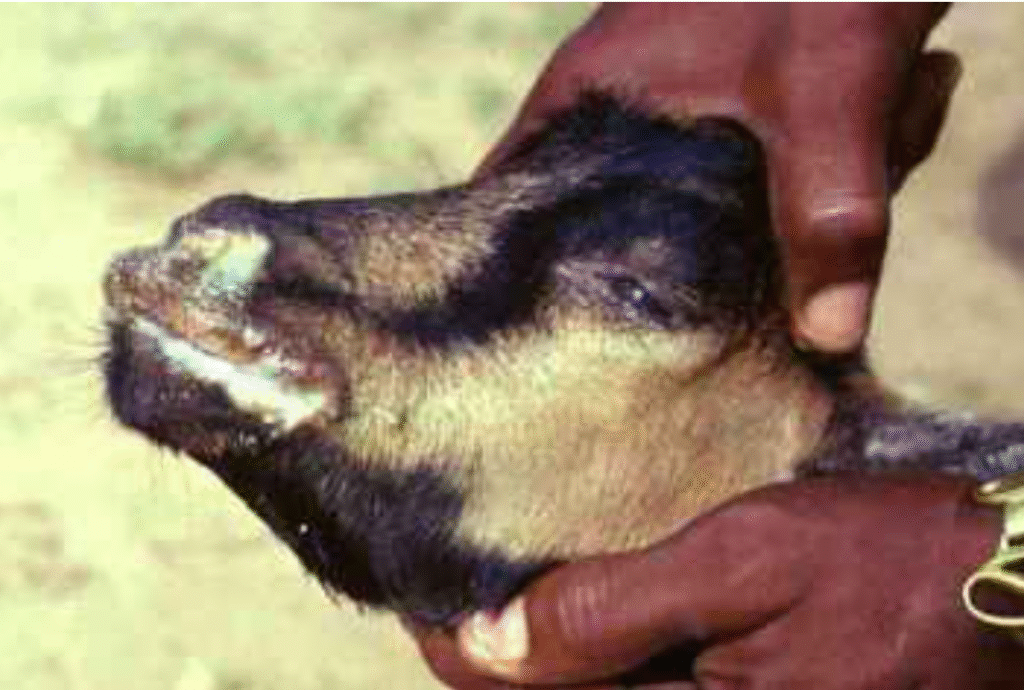Dar es Salaam. As livestock remain central to food security and income for millions of rural families in Africa, countries across the continent are joining forces in a historic effort to eliminate Peste des Petits Ruminants (PPR), a deadly disease threatening goats and sheep.
This week, over 100 animal health experts and stakeholders from 25 African nations convened in Dar es Salaam to design unified vaccination guidelines aimed at eradicating PPR by 2030. The disease, known to kill up to 90 percent of infected animals during first-time outbreaks, has caused massive economic and nutritional losses across the continent.
In Tanzania alone, a 2016 outbreak claimed more than 12,000 animals, highlighting the urgent need for better prevention strategies. According to the Food and Agriculture Organization (FAO) and the World Organisation for Animal Health (WOAH), PPR affects more than 330 million small ruminants in Africa, costing over $2.1 billion annually.

Opening the five-day workshop, Prof Riziki Shemdoe, Permanent Secretary of the Ministry of Livestock and Fisheries, stressed that standardizing vaccination protocols across Africa would not only protect livestock but also support economies and boost cross-border trade.
“By harmonizing national vaccination policies, African countries will be able to launch synchronized campaigns, improve the quality of vaccines, and strengthen disease surveillance,” said Prof Shemdoe. “This approach will help ensure livestock products meet international health and trade standards.”
He added that a unified vaccination strategy will open doors for African meat and livestock products to compete in global markets, including within the African Continental Free Trade Area (AfCFTA).
Dr Charles Bodjo, Director General of the African Union Pan African Veterinary Vaccine Centre (AU-PANVAC), underscored the importance of coordinated efforts. “These common guidelines are critical in ensuring consistent vaccine quality across the continent. They will strengthen our ability to detect, monitor, and control livestock diseases while fostering collaboration among regulatory bodies.”

He emphasized that eradicating PPR is not only a health issue but a development priority, especially for rural communities that rely on small livestock for food and income.
The Pan-African PPR Eradication Programme, part of a broader global campaign, seeks to remove the disease entirely by 2030. Stakeholders say this would be a game-changer for African agriculture and trade.
Dr Charles Mayenga, Manager of the Tanzania Vaccine Institute (TVI), noted that Tanzania has developed seven livestock vaccines so far and is actively researching more. He highlighted efforts to create a harmonized registration system for the PPR vaccine, which would streamline approvals across the continent.
“Our goal is to ensure safe, high-quality vaccines are accessible and recognized across Africa,” he said. “This will help eliminate barriers to vaccine and livestock exports caused by outbreaks and fragmented policies.”
As one of 13 livestock diseases that severely restrict trade in Africa, PPR remains a top priority in the current workshop. Experts hope that by tackling it head-on, African nations will not only protect animal health but also transform their livestock sectors into engines of growth and resilience.




Hello my family member! I want to say that this post is awesome, nice written and come with approximately all vital infos. I’d like to look more posts like this .